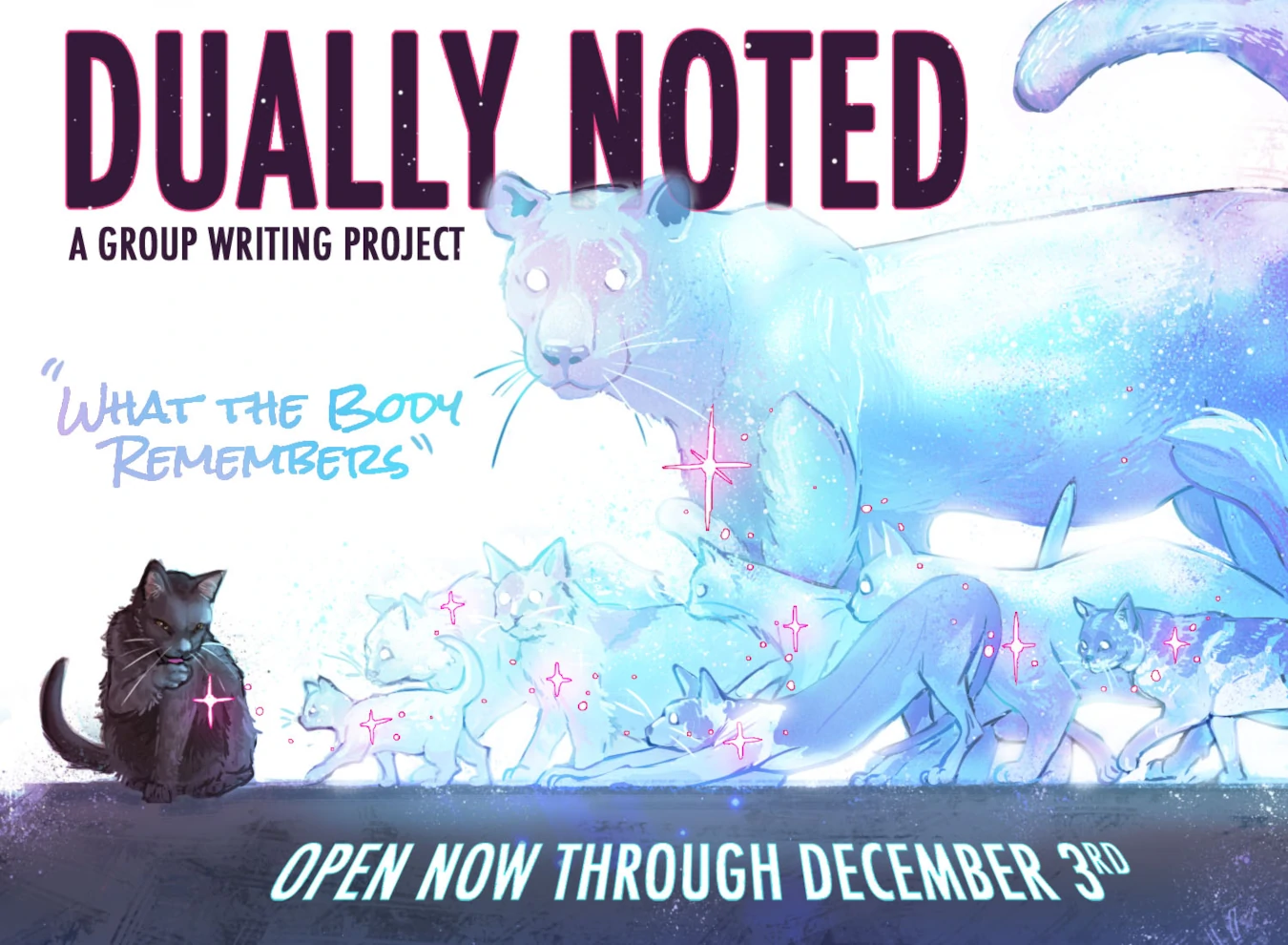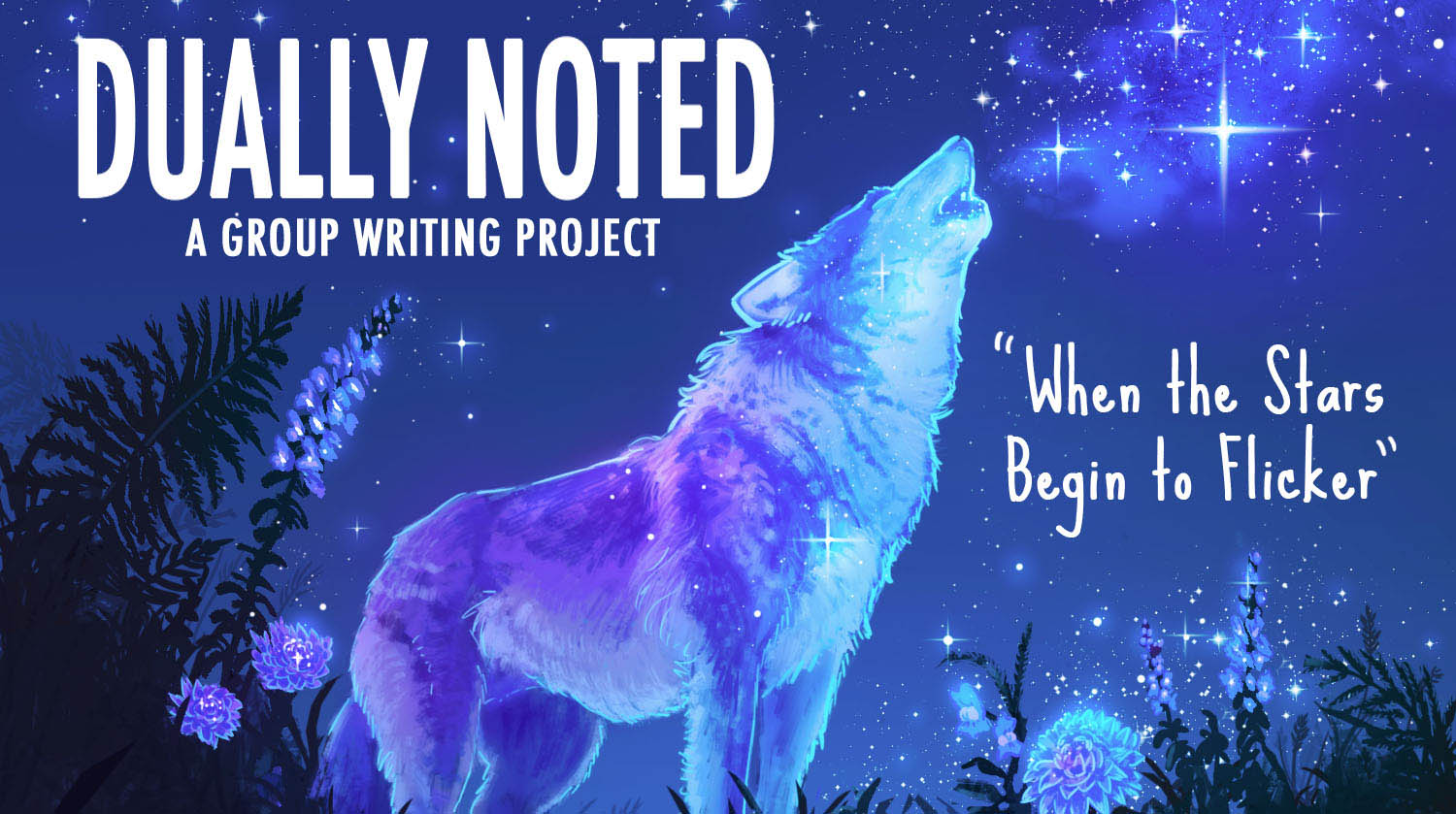
The Call
He’s three years older than her. If they were grownups, three years would be nothing. But he is thirteen and she is ten. At that age, three years is something. But he’s runty, looks a lot younger than he is. And he’s kind of a loser. He still likes to play make-believe. She really doesn’t think of him as older, certainly not as a teenager. Teenagers are people who sit outside the Arby’s and smoke and suck face. She doesn’t mess with teenagers. But he’s not like that, so it’s OK.
Her mother, when she thinks about it, is uneasy with the friendship. But he’s so small and sometimes, when they have him over for dinner, he holds out his plate for more and is such a little Oliver Twist type her mother forgets to be uneasy. Her father is at work a lot, so he hasn’t even noticed the friendship. He eats dinner in his den after everyone goes to sleep. Their friendship isn’t on his radar.
His parents are glad that she is his friend. They are glad he has any friends at all. They are so glad, in fact, they have taken the two on an adventure— all the way to the giant swamp, the Everglades, where they will see alligators and egrets and frogs that make sounds like wet rubber soles on linoleum.
He is psyched because he’s just watched Manimal for the first time and he is certain that he too is part man, part animal and the jungle atmosphere of the Everglades is all it is going to take to finally unleash his true, inner self. On the trail, he paces and makes growling noises. He is calling to the panthers; he can sense their presence. It is the kind of behavior that keeps him in the school counselor’s office and his parents awake at night.
She is a little embarrassed by his behavior and a little excited. Secretly, she likes the way he still plays make believe because it makes it okay for her to play along, even though ten is way too old for such games. She will never tell the girls at school about this trip. She will say she went to the mall and got her ears pierced even though the earrings she will wear will be clip-ons and she won’t really get her ears pierced for another three years. She will only tell her mother that she had a nice time and yes, she thanked his parents and yes, she wore sunscreen.
In time, they’ll lose touch. He will go to college or join the army or die. She won’t ever know. She’ll grow old. Her joints will ache. She’ll wither. She won’t remember the boy’s face or his last name. But sometimes, late at night, she will lie in bed and her skin will vibrate with the memory of being a panther, of hearing the call of a kindred creature and answering without hesitation.
